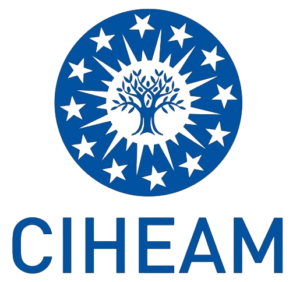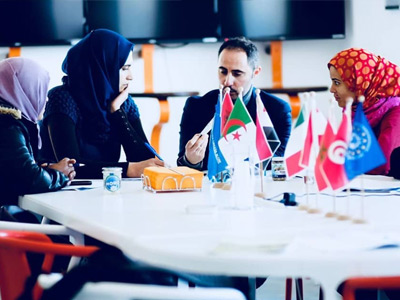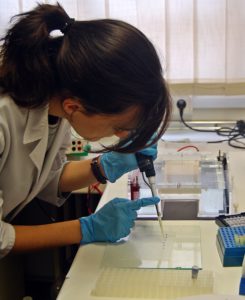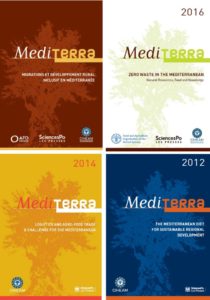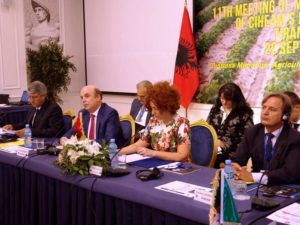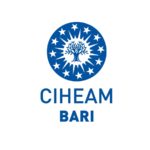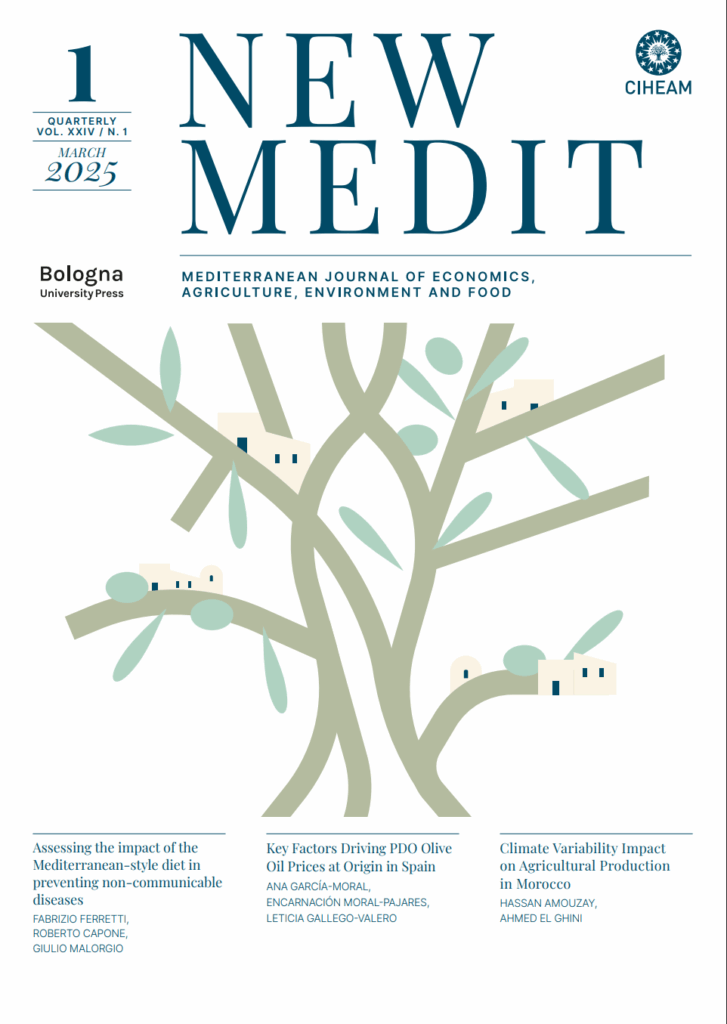
NEW MEDIT, an OPEN ACCESS review, is a quarterly review published on behalf of Ciheam. It is a new edition of the former journal, Medit, which was first published in 1990.
The articles deal with the various economic, agricultural, environmental and food issues facing Mediterranean countries, with a multi-disciplinary approach. NEW MEDIT is an information and scientific analysis tool for getting a deeper insight into the economic and the social transformations of agriculture and the rural societies as well as in agro-food networks of the Mediterranean Basin.
Since January 2025, the management and ownership of the scientific journal NEW MEDIT, previously overseen by CIHEAM Bari, have been transferred to the CIHEAM General Secretariat in Paris.
This decision is part of the CIHEAM 2030 Strategic Plan, which emphasizes the need to enhance the visibility and impact of Mediterranean scientific output in a rapidly evolving global landscape.
For decades, Mediterranean researchers have played a pivotal role in analyzing the economic and social transformations affecting agriculture, rural societies, and agri-food systems across the region. However, amid growing global competition in scientific publishing and the emergence of new editorial platforms, Mediterranean-focused research faces the risk of being overlooked. In the digital age, it is essential to better organize and promote these contributions in order to showcase existing expertise and provide policy-makers, researchers, and practitioners with high-level strategic insights that support a sustainable, resilient, and inclusive food transition.
NEW MEDIT plays a key role in achieving this ambition. Indexed in Scopus and Web of Science (WOS), the journal serves as a leading platform for the study of economic and policy dynamics in the Mediterranean. It addresses major challenges in agricultural and agri-food development, fully aligned with CIHEAM’s strategic agenda — including the management of natural resources and energy, the promotion of the Mediterranean diet and access to food, the development of rural and coastal areas, and adaptation to climate change.
In this context, CIHEAM Member States and other Mediterranean countries receive particular attention, especially on emerging issues. This is made possible through close collaboration with national experts and young researchers, aiming to deliver concrete solutions to regional challenges.
LATEST ISSUE
Click here


